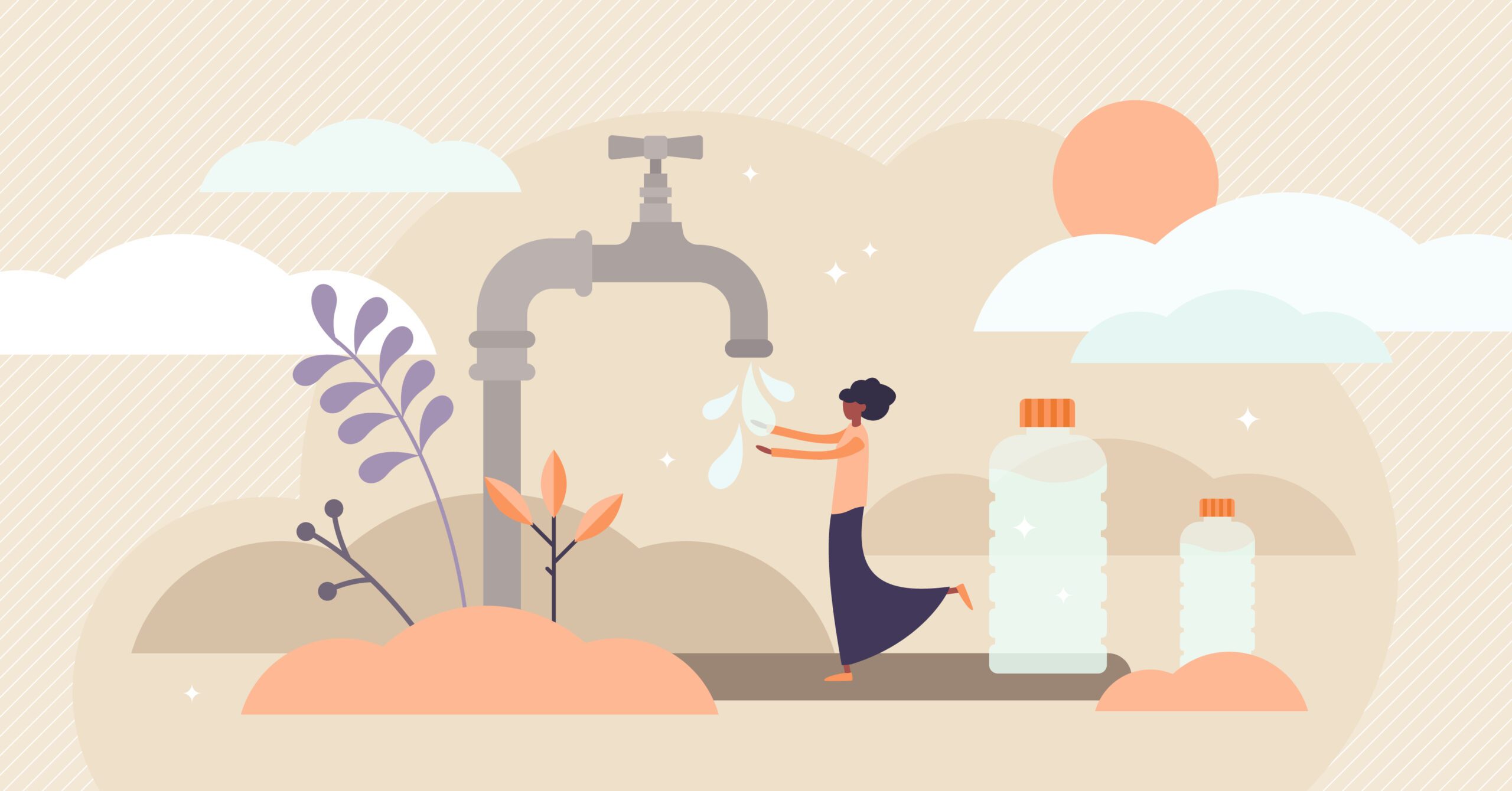
4.000 litres of water to obtain one kilo of rice
Water is the most precious resource on the planet and is vital for all life. All living beings, -humans, plants and animals- need water to survive. This is why, its future management is the future of our planet and is one of the challenges outlined by the United Nations in Agenda 2030. SDG 6: Ensure the availability of water and its sustainable management and sanitation for all.
Water is the core of sustainable development and is essential for the socioeconomic development and health of ecosystems.
According to the latest United Nations report on water, 72% of all water extractions in the world are used for agriculture, 16% by municipalities for homes and services, and 12% by industries.
In general, between 3000 and 5000 litres of water are needed to produce 1 kg of rice, 2000 litres for 1 kg of soy, 900 litres for 1 kg of wheat, 500 litres for 1 kg of potatoes, and 15,000 litres to produce a prime fillet of beef.
Water is a very valuable resource that we must protect and value. It is foreseen that the world demand for water (in water extractions) will increase 55% by 2050.
“All people and public and private organisations can do something to minimise the impact on the consumption of water” explains Jorge García de Arco, from AQUADAT, who offers us some advice on how to reduce water consumption in the household environment, which, will also help us to save a few euros in our water bill (such as):
- Turn on your washing machine when it is full. It is one of the main sources of water consumption in the household. Use eco programmes and follow the manufacturer’s recommendations when filling it up.
- Do not wash the dishes before putting them into the dishwasher. You do not need to wash the dishes before putting them into the dishwasher. Make sure it is full before turning it on, and always use eco programmes.
- Shower with a song. Choose to shower instead of a bath, and put on a song to control the length of your shower. You have to choose a track that lasts between a maximum of 2 and 3 minutes, and stick to that time.
- Change the shower head. There are shower heads that contribute to saving and enable saving water while in turn providing a pleasant feeling.
- Use water flow restrictors on your taps. These systems are very easy to install and enable a saving of water of between 18% to 47%.
- Do not waste food. All the food in our home has required the expenditure of hundreds of litres of water to produce it and make it this far. Do not waste food, do not throw it away and manage your food well.
- Reuse clothes. Producing clothes generates an enormous expenditure of water. Reuse, recycle and do not buy clothes that you are not going to wear.
- Control energy consumption. By reducing energy consumption, you will be reducing water consumption, since this resource is necessary for generating all types of energy.
Although it is very important, the amount of water is not the only challenge we face regarding this resource. Ensuring its quality and the climate crisis are also key aspects to bear in mind. We will deal with them in following occasions in order to continue learning.
